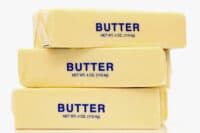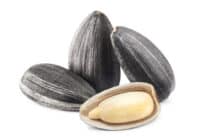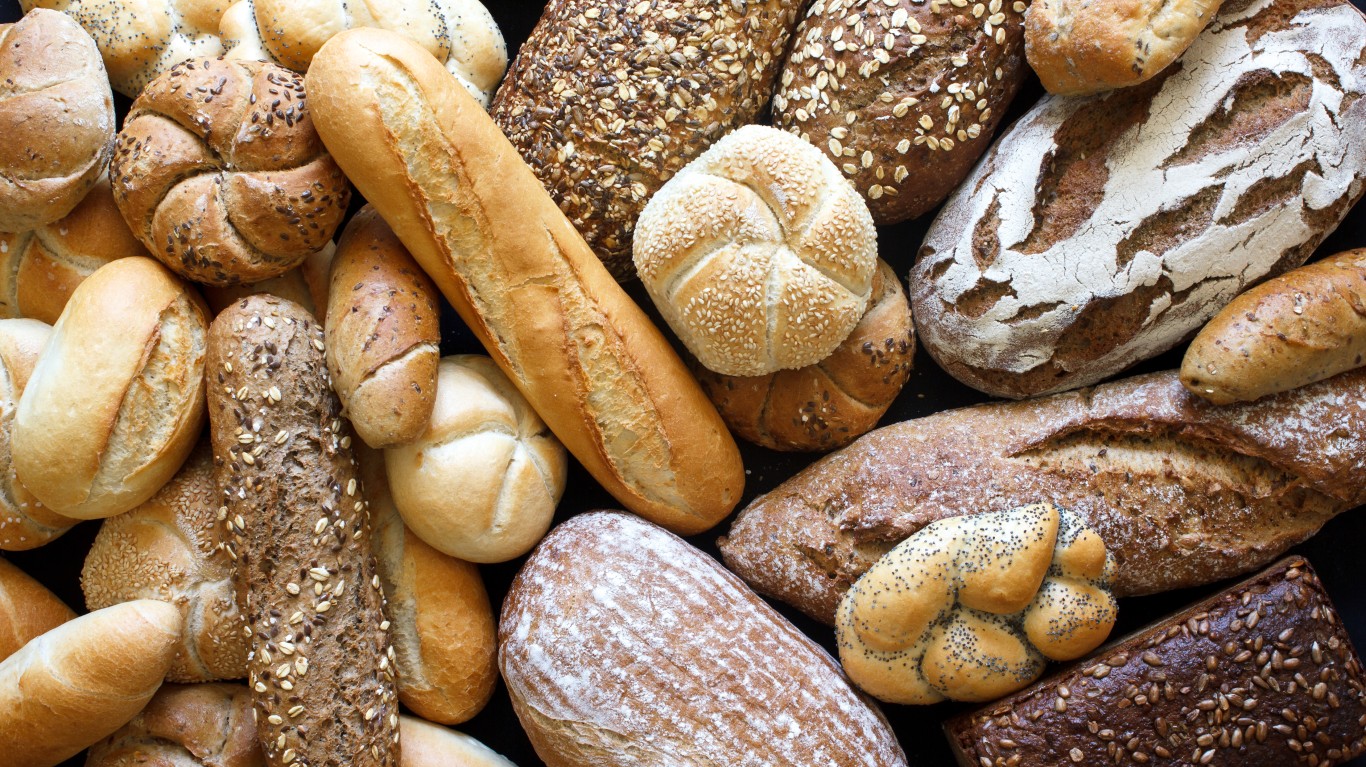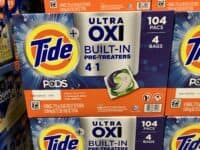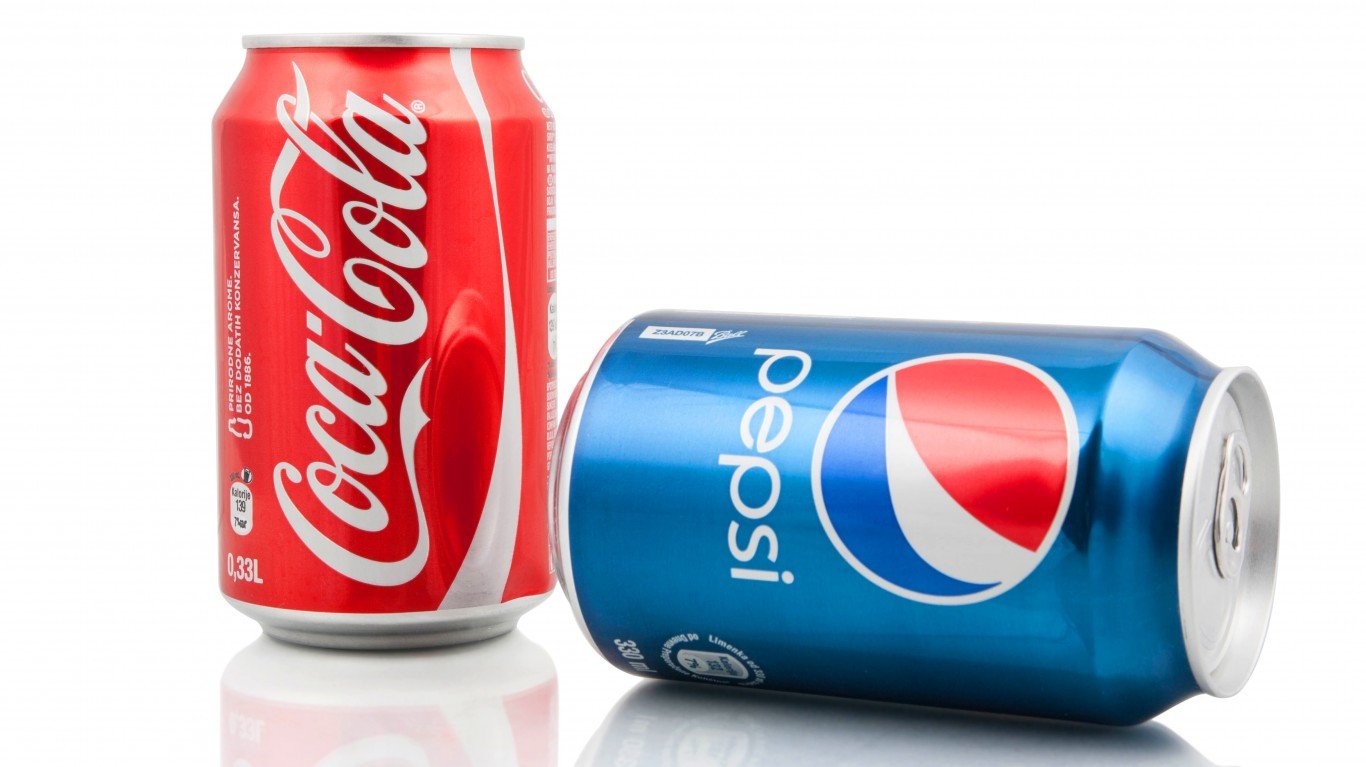

A long time ago there used to be taste tests between Coca-Cola and Pepsi. That was back before the beverage industry became so diverse and before so many brands were housed under a single roof. In the modern era, investors view Coca-Cola Co. (NYSE: KO) and PepsiCo Inc. (NASDAQ: PEP) with mixed fanfare. The two beverage giants are very similar in dominating beverages around the globe with their top brands, but PepsiCo also has its prized snack-food business and brands that have an impact on making an apples-to-apples comparison here.
24/7 Wall St. tracks many value stocks, Dow Jones industrial stocks and income (dividend) stocks to keep investors informed. Now that the dust has started to settle in the COVID-19 pandemic, even if this ordeal and the recession that came with it are far from over, it’s worth looking at which beverage giant offers more upside than the other does.
First, calling out specific growth rates on revenues and making any bold earnings per share predictions at this stage of the recession is a sucker’s game. If most companies cannot or will not endorse formal numbers ahead, how are industry outsiders going to stack up in predictions? One issue that the market is trying to do is look back at the last two years and come up with an average of what normalized earnings will look like ahead.
Coca-Cola reported second-quarter 2020 results on July 21, with earnings of $0.42 per share on revenues of $7.2 billion. This was down from $0.63 per share on $10 billion a year earlier, but the consensus estimates called for per-share earnings of $0.40 and $7.18 billion in revenues. Coca-Cola’s adjusted operating margin was down slightly year over year from 30.3% to 30.0%. Monthly global unit case volume declined by 10% in June, compared to a 25% drop in April. The company said that sales have been driven by “improving trends in away-from-home channels.”
PepsiCo reported its earnings on July 13 as $1.32 per share, with revenue of $15.95 billion. The same period of last year had $1.54 per share and $16.45 billion, and analysts were only looking for $1.25 per share and $15.38 billion. During the quarter, net sales dropped 3.1% year over year. Pepsi’s organic revenue, which does not take into account foreign currency, fell 0.3%. Management disclosed that PepsiCo spent nearly $400 million on costs related to the pandemic, including personal protective equipment, but the team also believes that this cost will diminish as time goes on.
The closure of restaurants and other public venues weighed on both Coca-Cola and on Pepsi, and that is expected to continue throughout the recession and while so many public venues remain closed or on very reduced capacity. It’s also not helping that there is a deficit of close to 10 million U.S. jobs, compared with the total unemployed population.
Coca-Cola acknowledged that the impact on financial results of the pandemic is unknown, but the company also noted that its solid balance sheet will allow it to navigate through the crisis. Coca-Cola offered no formal guidance other than it expects a 3% to 4% currency headwind against 2020 revenues and that operating income faces a high single-digit currency headwind this year.
Thank you for reading! Have some feedback for us?
Contact the 24/7 Wall St. editorial team.
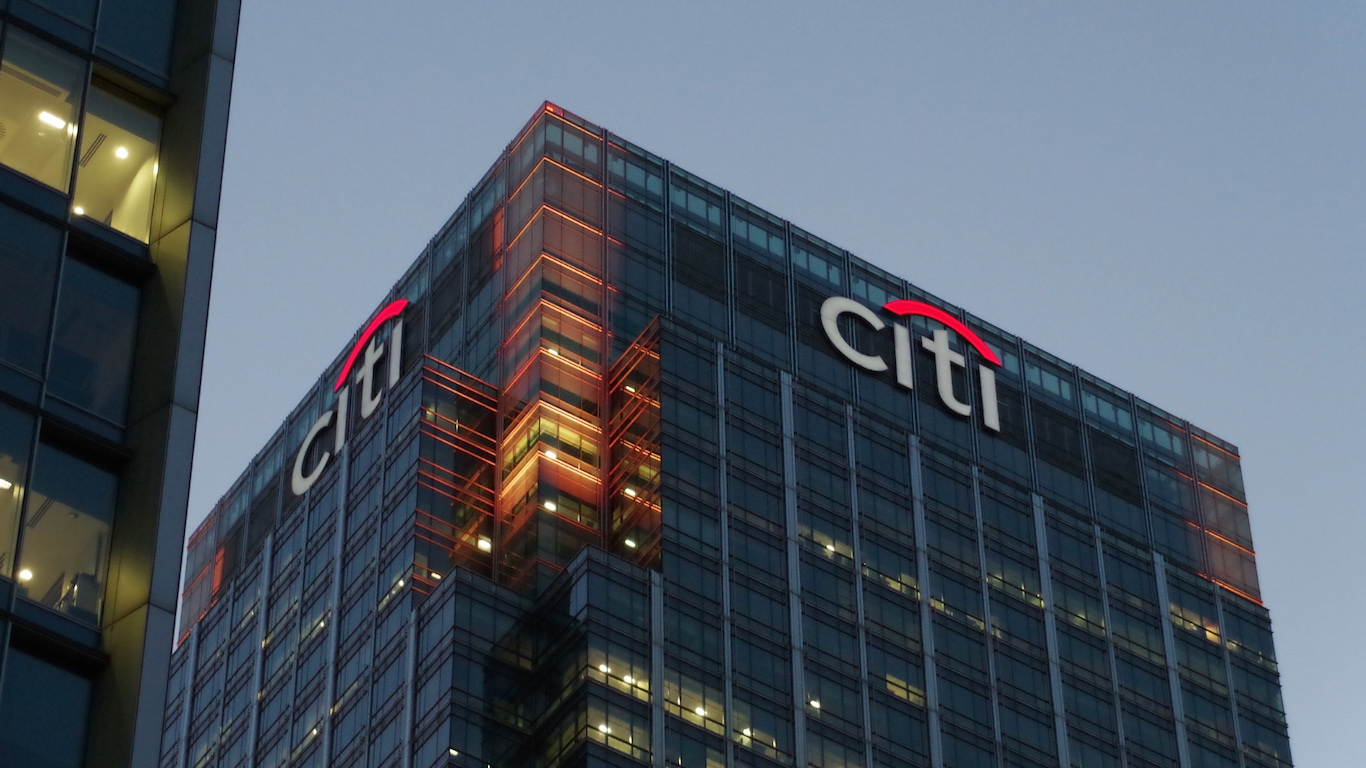 24/7 Wall St.
24/7 Wall St.